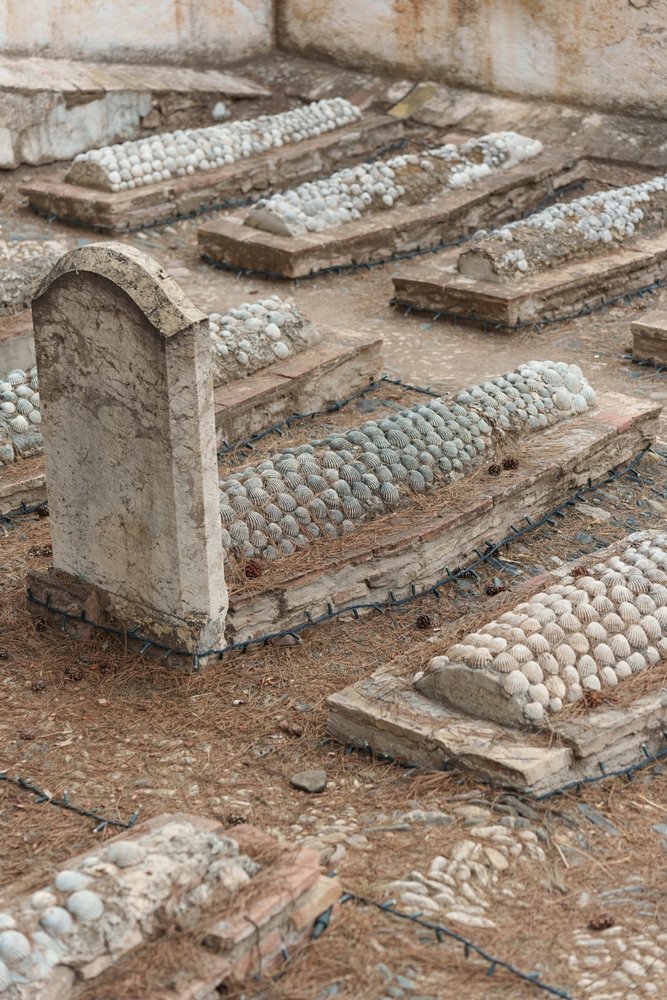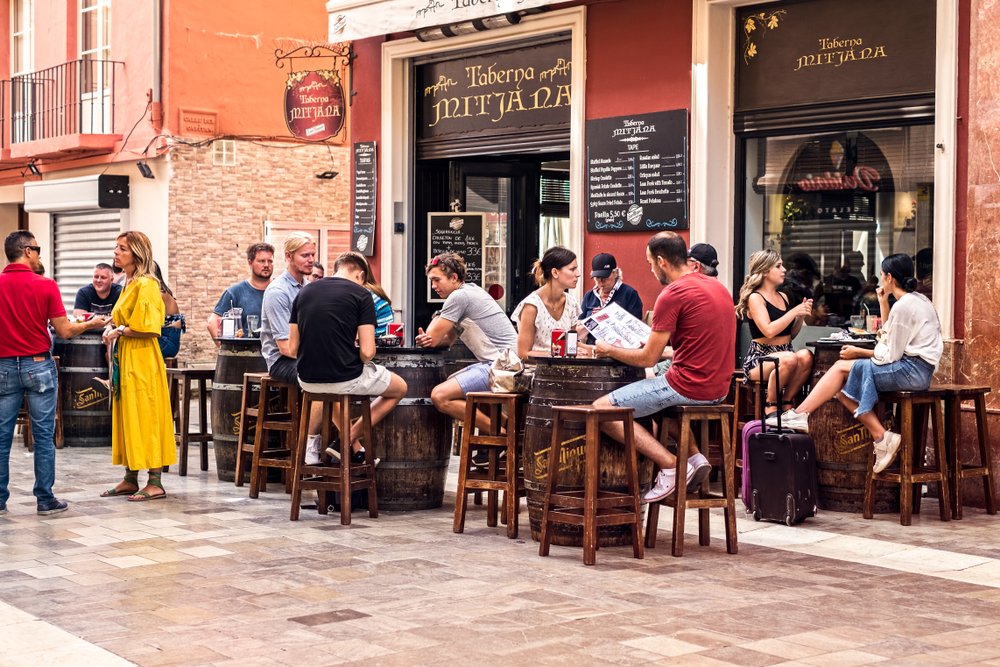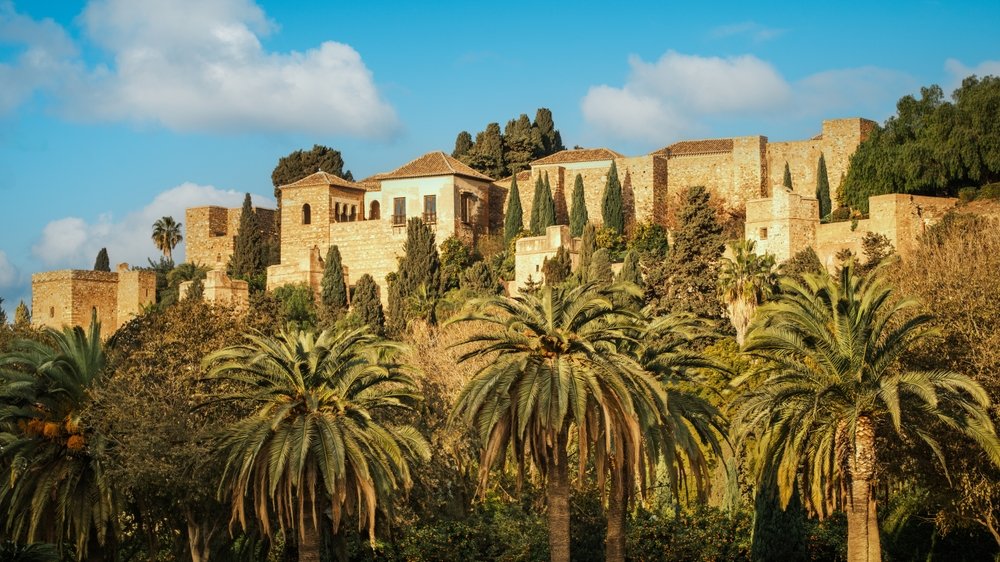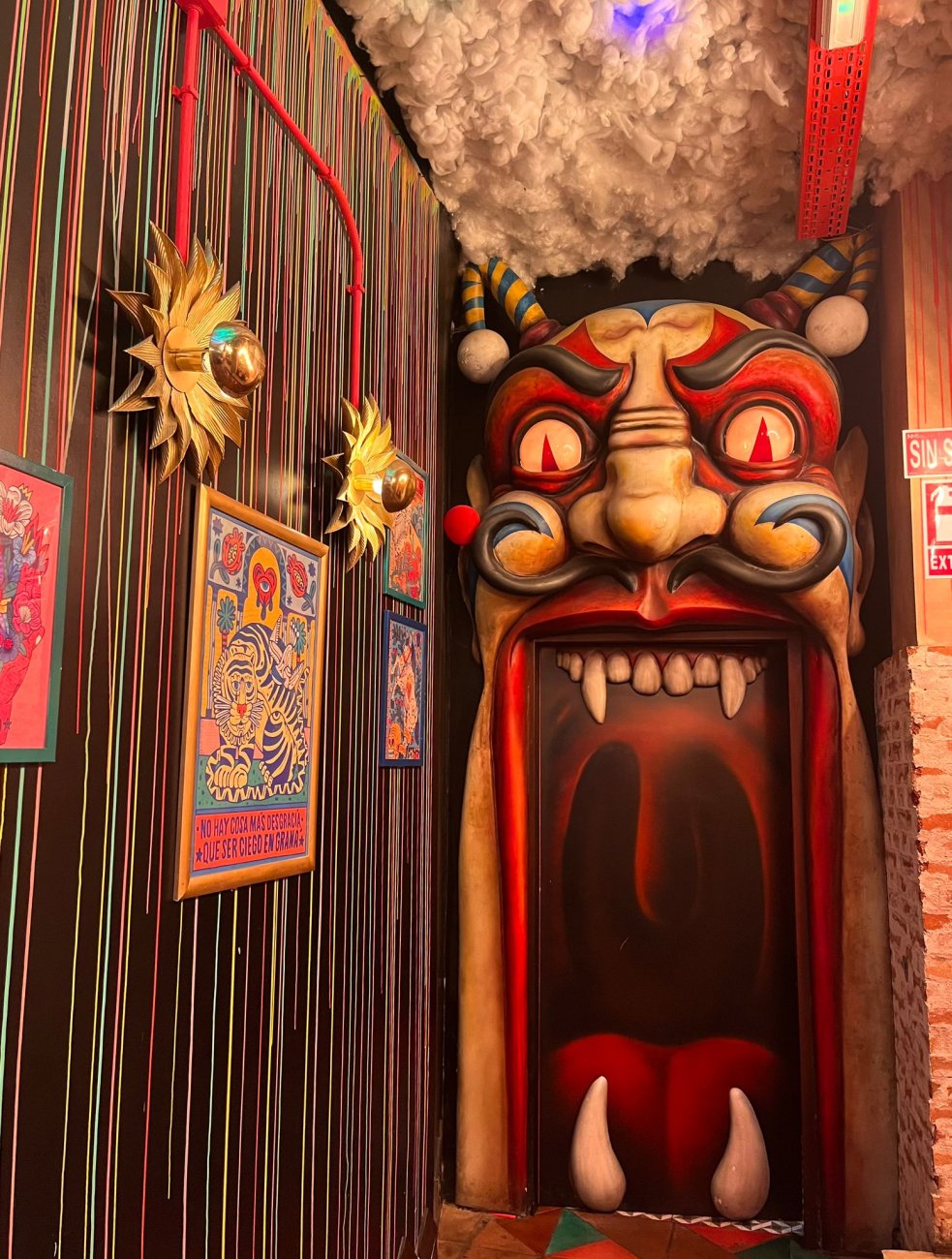This cemetery, founded in the 19th century, is one of the oldest and most emblematic of its kind in Spain and throughout Europe, and houses the remains of numerous British and other nationalities who resided in Malaga during the 19th and early 20th centuries.
History
The English Cemetery of Malaga was founded in 1831 to bury British citizens residing in the city and who professed the Protestant faith, since at that time they were not allowed to be buried in Catholic cemeteries. In addition to the British, the cemetery also contains the remains of citizens of other European nationalities and of various Protestant denominations, such as Germans, Dutch, Swedes and Americans.
During the 19th century, Malaga experienced a period of economic and cultural growth that attracted numerous foreigners, especially British merchants, businessmen and diplomats, who settled in the city and contributed to the development of its industry and trade. Many of these foreign residents found in the English Cemetery a final resting place, where they could be buried in accordance with their religious beliefs and cultural traditions.
Architecture and Features
The English Cemetery in Malaga is located on a hill overlooking the sea, in the El Limonar neighbourhood, on the outskirts of the city. The design of the cemetery follows the style of the British landscaped cemeteries of the 19th century, characterised by tree-lined streets, large green areas and an orderly arrangement of the tombs and funerary monuments.
One of the most outstanding features of the cemetery is its architectural diversity, which reflects the multicultural origin of the deceased who rest there. Among the tombs and funerary monuments you can find examples of different architectural styles, such as neo-Gothic, neo-Romanesque, neoclassical and art deco, which bear witness to the wealth and cultural diversity of the international community that resided in Malaga at that time.
The cemetery also has an Anglican chapel, built in neo-Gothic style, which serves as a place of worship and as a space for holding religious services and commemorative ceremonies. Inside the chapel you can admire stained glass windows and other decorative elements that enhance its beauty and religious significance.
Notable Personalities
The English Cemetery of Malaga houses the remains of numerous prominent personalities of the time, whose contributions to the society and culture of Malaga and Spain are remembered and honoured to this day. Among the most emblematic graves are:
George Campbell: British painter who lived in Malaga for several years and left an important mark on the local art scene.
William Mark: British engineer who participated in the construction of important infrastructure works in Malaga, such as the port and the railway.
Thomas Allason: English architect who designed numerous buildings and monuments in Malaga and other cities in Spain.
Conservation and Visits
The English Cemetery in Malaga has been the subject of various conservation and restoration works over the years, with the aim of preserving its historical value and cultural legacy for future generations. Currently, the cemetery is open to the public and receives numerous visits from tourists and residents interested in learning about its history and architecture.
A visit to the English Cemetery in Malaga is a unique experience that allows you to delve into the citys past and discover the richness and diversity of its cultural heritage. In addition to seeing the tombs and funerary monuments, visitors can enjoy the impressive panoramic views of the city and the Mediterranean Sea that the cemetery offers from its privileged location at the top of the hill.




























